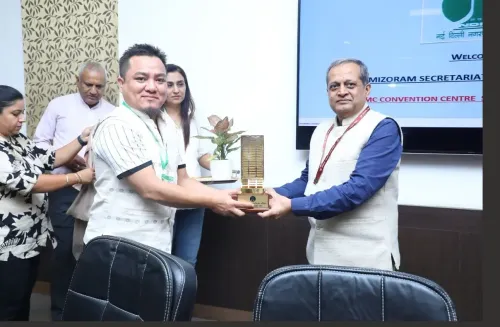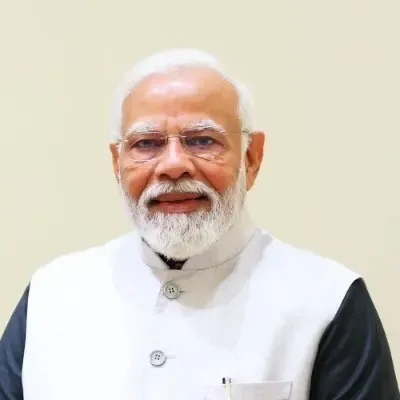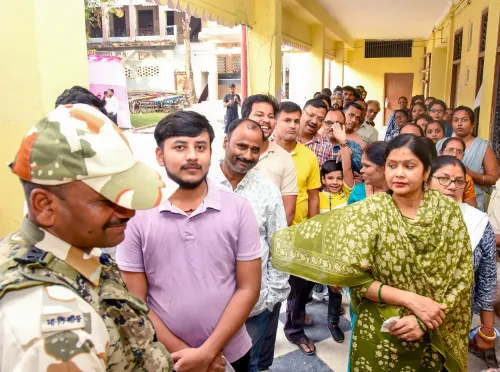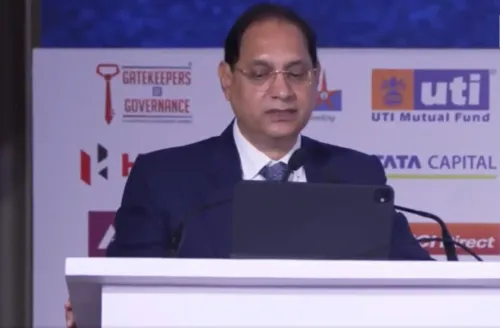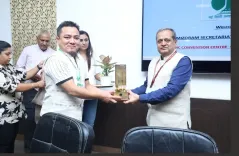Will Ethiopia Implement India's DAY-NRLM Scheme to Combat Rural Poverty?
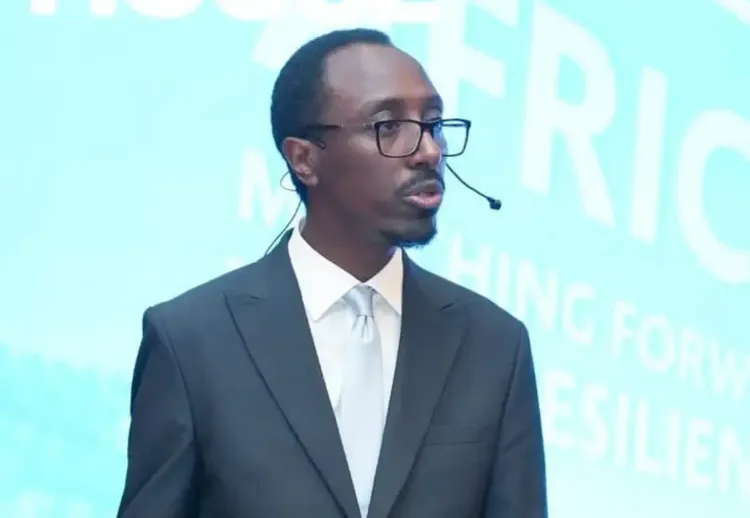
Synopsis
Key Takeaways
- Ethiopian Delegation: Acknowledged the depth of learning from India’s DAY-NRLM.
- Collaboration: Emphasized the need for partnerships to drive innovation.
- Sakhis: Community facilitators critical for last-mile support.
- World Bank Support: Focus on empowering women’s livelihoods.
- Policy Exchange: Importance of sustained dialogue between nations.
New Delhi, Nov 6 (NationPress) A high-ranking delegation from the Ethiopian government has wrapped up a week-long visit to India aimed at exploring the effective strategies behind the Deendayal Antyodaya Yojana - National Rural Livelihoods Mission (DAY-NRLM), which is India’s premier program for alleviating poverty and empowering women economically.
The Ethiopian representatives indicated their eagerness to integrate the insights gained from NRLM into their Productive Safety Net Program (PSNP) and extended an invitation to Indian partners for collaboration to foster additional innovations.
According to an official statement released on Thursday, World Bank officials reiterated their dedication to supporting the transformation of women’s livelihoods in Ethiopia, emphasizing the necessity of robust government leadership, conducive policies, and active private sector participation.
The concluding session saw the presence of Molalign Asfaw, the Deputy Ambassador of Ethiopia to India, along with World Bank representatives and Rajeshwari S. M., Director of DAY-NRLM, from the Ministry of Rural Development. The Ethiopian delegation included members from nine regions, one city administration, and two vital sectors.
The visiting delegates expressed gratitude for the depth of engagement, the expertise displayed by Indian officials, and the importance of peer-to-peer knowledge exchange during their visit.
They commended the design of NRLM for its adaptability and standardization, noting how it tailors program structures to meet varying local needs.
Particularly noteworthy was their appreciation for the role of 'sakhis'—community-based facilitators who provide essential support and resources to women across rural India.
Delegates identified several innovations, including bank linkages, varied livelihood activities, and departmental convergence, as pivotal to enhancing social and economic empowerment for women, as per the official statement.
Motivated by the success stories of women’s collectives, one delegate remarked, “Women are the foundation of any economy. When we invest in women, we invest in the whole world.”
During the closing session, the Ethiopian Ambassador to India highlighted the enduring partnership between the two nations and the significance of ongoing policy dialogues in shaping effective interventions and institutional development.
He stressed the necessity for a thorough conceptual framework and continuous monitoring to facilitate policy inclusion and improvements.
The Ambassador also acknowledged India’s leadership in Digital Public Infrastructure (DPI) and recognized Ethiopia’s concurrent efforts aimed at comprehensive sectoral collaboration.
He urged the need for strengthening institutional commitments and adapting India’s successful methodologies to the Ethiopian context.

